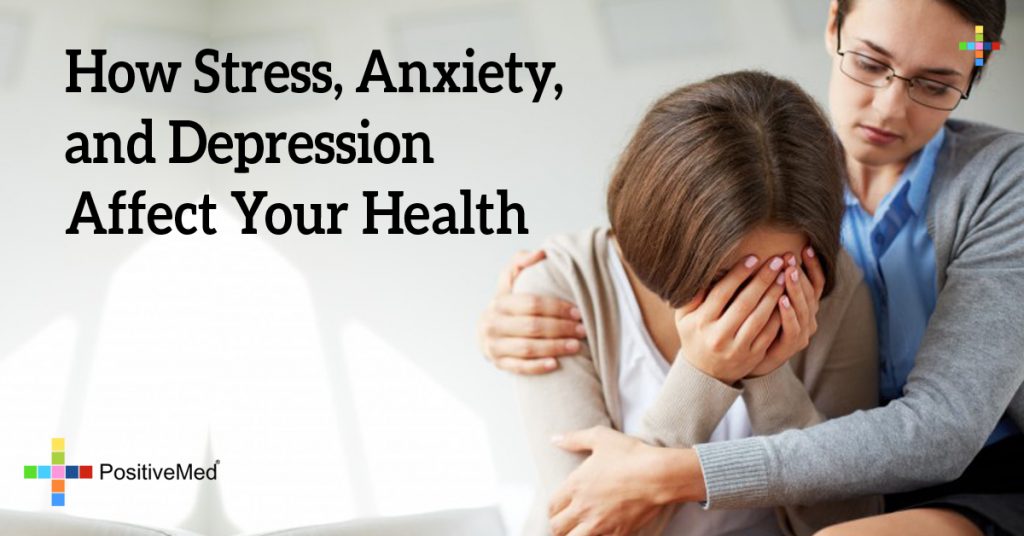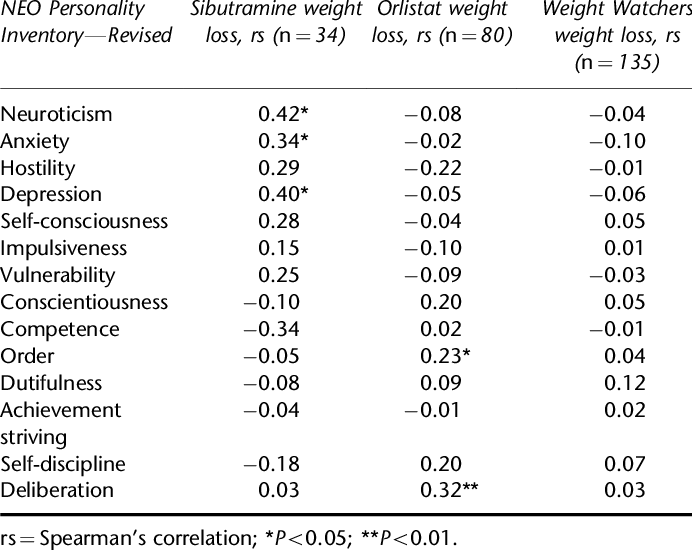


Medical News Today has strict sourcing guidelines and draws only from peer-reviewed studies, academic research institutions, and medical journals and associations.

Stress can also cause weight gain despite diet and exercise interventions. These symptoms can affect a person’s eating habits, which may lead to weight loss.

Stress affects all parts of the GI system, including the esophagus (food pipe), stomach, and bowel. Stress affects the communication between the brain and gastrointestinal (GI) system, making GI symptoms more apparent. This hormone increases the body’s fuel for energy by releasing fatty acids and glucose from the liver.Ĭortisol also helps regulate the body’s immune response and reduces inflammation.Ĭhronic stress impairs the functioning of the HPA axis, causing changes in metabolism and eating habits. When the body is under stress, the pituitary gland signals to the adrenal glands to release cortisol. The hypothalamic-pituitary-adrenal (HPA) axis controls the body’s response to stress, which affects cortisol levels. Additionally, it changes how the gut digests food and alters blood glucose levels. A rush of epinephrine activates the body’s fight-or-flight response, which prepares a person to flee or fight off an impending threat.Įpinephrine causes the heart to beat faster and breathing to speed up, which can burn calories. When the body is under stress, the sympathetic nervous system triggers the release of epinephrine, also called adrenaline, from the adrenal glands. Activation of the body’s fight-or-flight response This inflammation can cause activation of the vagus nerve, which influences how the gut processes and metabolizes food. Stress and poor dietary choices as a result of stress can contribute to widespread inflammation and weight loss. Inflammation and activation of vagal nerve Some of the effects that it has on bodily systems and processes can cause weight loss in different ways. Stress affects almost every area of the body. Share on Pinterest Prolonged stress may affect a person’s weight.


 0 kommentar(er)
0 kommentar(er)
